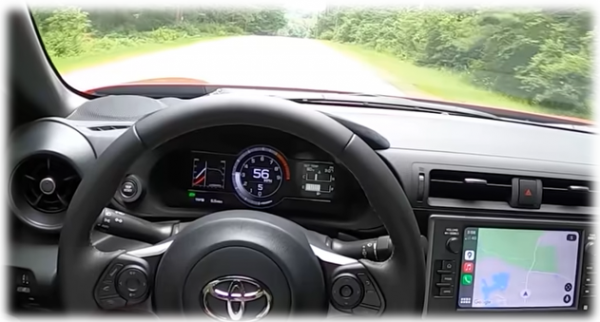Are you looking for new tires and wondering what the difference is between summer tires and all-season tires? Well, the main difference is that summer tires are designed for use in the hot summer months, while all-season tires are designed for year-round use. So why would you want to put summer tires on your car?
The main reason is the performance advantages that summer tires provide. Because summer tires don’t need to be heavily rutted to gain traction on snow and ice, they can be designed to provide optimal grip during the summer months.
So which are better summer tires or all-season tires? The answer is that it depends on how you plan to use your car. Let me explain.
Summer Tire Grip Ratings
The main benefit of using summer tires on your luxury SUV car is the level of grip summer tires provide. Summer tires are designed with fewer tread blocks and sipes, allowing the surface of the tire to provide more grip. If you have ever noticed that most drag tires and F1/Indy Car tires have no tread pattern on the tires. This is because with fewer cuts and sipes, the tires can provide a larger surface area that is in contact with the pavement. The more rubber you can keep in contact with the road or track, the more grip those tires will provide.
Summer tire temperature rating
Summer tires are designed for use in warm to hot outside temperatures to provide the best possible grip. Once summer ends and outside temperatures begin to drop, summer tires should be replaced with tires that are designed for use in cooler temperatures.
This means that if outside temperatures drop below 40 degrees F, then you should be driving with all-season or winter tires. If you live in a climate that never goes below 40 degrees F, you could theoretically run summer tires year-round if you wanted to. You may want to refrain from doing this though based on the tread wear ratings which we’ll talk about next.
Summer Tire Tread Ratings
When developing tires, there are usually some trade-offs when it comes to the amount of grip that can be gained while balancing with long-lasting tread wear. Usually, when you make a tire that has more grip, you sacrifice the life of that tire. Just ask anyone who’s recently bought a new sports car that comes with summer tires designed to last 18,000 miles.
Many people report that they don’t last as long, like this article by Edmonds saying they had to replace their Michelin Pilot Sports on their Corvette Stingray after six months and 8,000 miles. With summer tires, increased grip often means decreased tread life, so keep that in mind.




